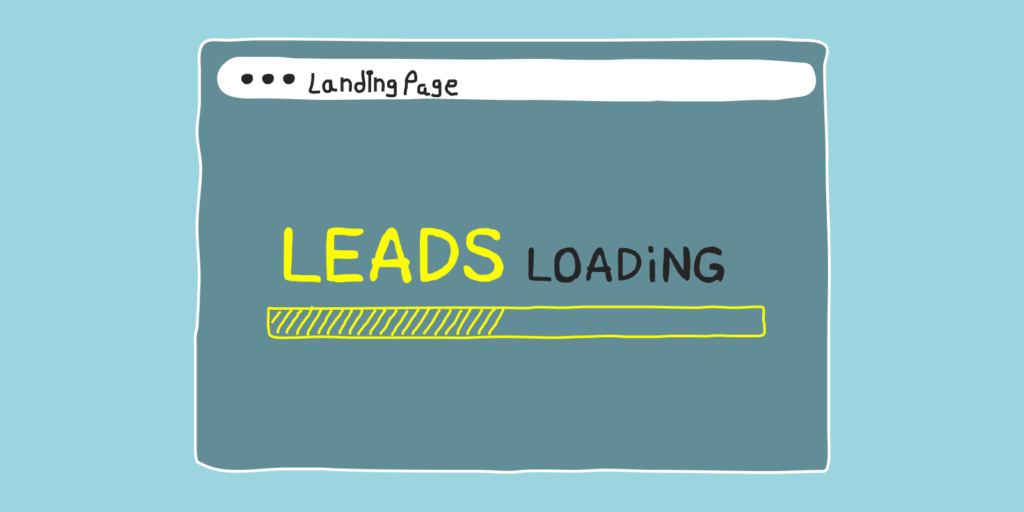World Mental Health Day: How Social Media affects your mental health
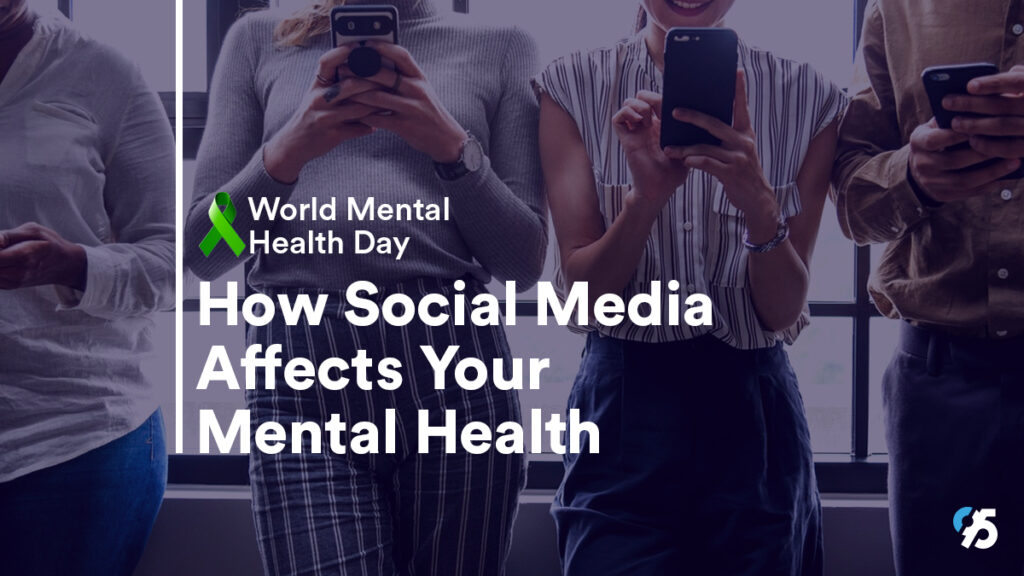
Created: 09 Oct, 2018
Last Edit: 03 Oct, 2024
How does social media affect your mental health?
On World Mental Health Day, we ask... how do you feel when you use social media?
Does it make you depressed? Lazy? Unproductive?
Chances are, you are not alone.
Social media is a relatively new tool to mankind. So, jury’s still out on whether or not it negatively impacts your mental health.
But mental health is a relatively new concept as well. For hundreds of years, conditions like Depression, Schizophrenia and Bipolarism have been treated using inhumane methods. Since then, science has come a long way and mental health has been treated with much more respect.
World Mental Health Day
A day presented by the World Federation for Mental Health in 1992, World Mental Health Day’s (Oct 10th) objective is raising awareness and support of mental health issues and advocacy against its stigma.This year’s theme is “Young People and Mental Health in a Changing World”.
Which is perfect, because…
Young people are leading a new movement that advocates the acceptance and empowering of mental health patients.
Social media and mental health
Most of the research we found on the impact of social media on mental health indicated that social media generally affects people differently. Pre-existing conditions and personality traits heavily influence how and why people use social media, therefore; the effect it has on them.
Body image
A study conducted at the University of Pittsburgh found a link between long periods of time spent on social media and issues with body image.
Regular efforts are now being undertaken to help teens and young people accept their bodies and disregard “magazine bodies” as references to beauty. This issue prevails more widely between young women, that’s why most of the efforts in this area are targeting teens and young girls.
Insomnia
We have all went to bed at 10 PM and stayed up till 2 AM scrolling through social media. This is a much more common problem than you think.
Proof?
Another study from the University of Pittsburgh indicated that the more time young people spend on social media, the more likely they have sleeping issues.
It is absolutely true that we feel the need to constantly keep up with what’s currently happening. We want to know what our friends are up to at the end of the day, taking away precious hours of sleep.
Sleep deprivation usually causes fatigue and lack of concentration, besides increasing feelings of anxiety. Losing those critical sleep hours basically means getting less done and getting more stressed out.
Anxiety
This study finds that young people that use 7 or more social media platforms are more than 3 times more likely to experience anxiety than young people using 0 to 2 platforms.
Experiencing symptoms of general anxiety has long been correlated with social media. Since young people have to constantly deal with cyberbullying and unsolicited negative comments, escaping anxiety is a difficult task.
Stressing about likes, being cool and fitting in on the internet is a constant source of anxiety for teens. Stress can also result from trying to continuously keep up with peers. It is known by now that people try to only post the positive and happy moments in their lives, making it appear that their lives are perfect. This steers negative envy and feelings of inadequacy for followers with low self-esteem.
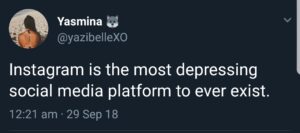
Depression
Studies have found that negative feelings such as worthlessness and hopelessness have direct correlation with online interactions. That means that negative comments, internet trolling and cyberbullying play an integral part in shaping the quality of the online experience, thus; affecting young people’s mental health in the process.
That’s not all...
It is not just the quality of the online experience, it is also isolation that the internet sometimes forces. Young people that spend too much time on their social media tend to have less face time with their friends and family, causing some social boundaries to appear, hindering their social experience. Feeling out of place in social gatherings can sometimes be linked to social anxiety caused by social media.
Young people are now building their own personas and brands online. These brands are not made for real life interactions, leaving them as giant sources of stress in everyday life.
Addiction
Are you addicted to social media?
Ask yourself…
How long can you go without checking Instagram?
Social media is so heavily incorporated into most aspects of our lives that we sometimes forget to consider its actual addictive nature. A lot of the social media platforms we use on a daily basis are accurately designed to become an addictive habit. This kind of behavioral addiction can be easily discarded, but there lies its danger.
The instant gratification we attain from instant likes, comments and interactions is heavily addictive. It can even be compared to behavioral addictions such as gambling.
A study conducted on the effects of digital separation revealed that digitally over-dependent people had anxiety when they stopped using their phones. Some physiological changes even accompanied the negative psychological symptoms.
Academic performance
A study conducted in the GUC in Egypt shows no correlation between the amount of hours spent on social media and general performance in academics. 61% of the students in the study who had the highest grades (90%-100%), varied between different amounts of hours spent on social media per day.
Some education experts are now working to incorporate social media into academics, in an effort to help students feel more involved in school. This initiative could make school a lot more interesting to students, as it integrates academics with students’ everyday habit.
Social media is not all bad...
Eliminating mental health stigma
More and more people are joining the fight against mental health stigma. Constant, open and widespread communication has allowed so many youngsters, in particular, to speak up on their mental health issues.
Humanizing and demystifying mental health is even a kind of trend online nowadays. Vloggers and influencers flaunt their mental health issues as a way to relate to a larger audience and help out struggling teens.
Civic participation
With Egypt taking the lead with most social media users with a whopping 25% of the total MENA region and increasing.
46% of these social media users believe that social media influences and empowers them positively to change their country, according to Luke Richards.
Social media has been utilized in the Middle East for great change. Since the Arab Spring (2011), Middle Easterns have taken to the internet to gather information, connect to each other and influence actual change.
Civic participation is a healthy sign of a positively fit mental health state. Generally speaking, young people that do more, feel more included. There is nothing more beneficial for mental health that fitting in a tight community and social media does just that.
Nowadays, young people seem more adventurous online than in real life. But that’s not always a bad thing. That could encourage some teens to speak out against issues they face online.
Companionship
With the increasingly growing world of Youtube, more and more young people are finding themselves within a community following a specific brand, vlogger or influencer. These communities nurture each other in a way that even resembles support groups.
Young people use social media not only to connect to their current friends, but to make new ones. Platforms like Twitter and Tinder help you find similar-minded people to befriend or even date.
There is no doubt that some people do have trouble interacting or finding companionship in real life. Social media may positively impact these people and enhance their sense of companionship.
So, what’s the verdict?
Well, it is all up to your interpretation.
On World Mental Health Day, it is important to remember to take care of your mental health and to support those with mental health issues. It is also important to shed light on the stigma that surrounds those dealing with mental health problems.
A poll I posted on my own social media account (Twitter) revealed to me the effect of social media on my own followers. It showed a staggering 87% of the votes going towards a negative impact on their lives.
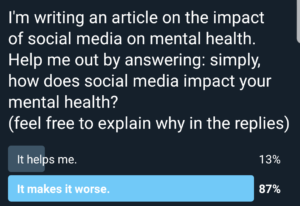
Now, we dare you to post a similar poll and let us know the results.
Created: 09 Oct, 2018
Last Edit: 03 Oct, 2024
Read Also
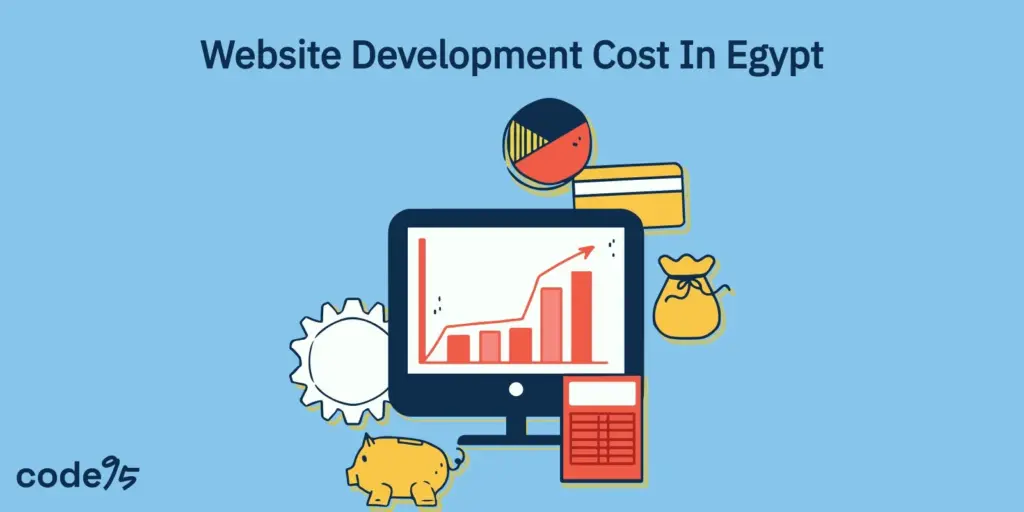
Website Development Cost in Egypt – Plan Your Budget
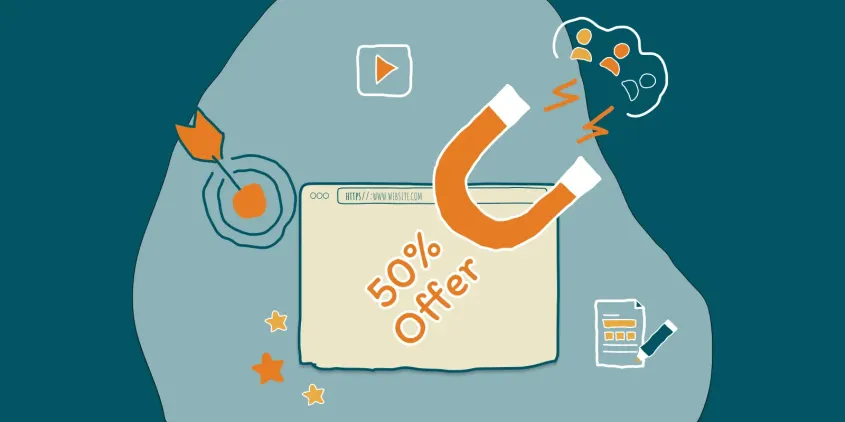
خطوات كتابة محتوى تسويقي ناجح
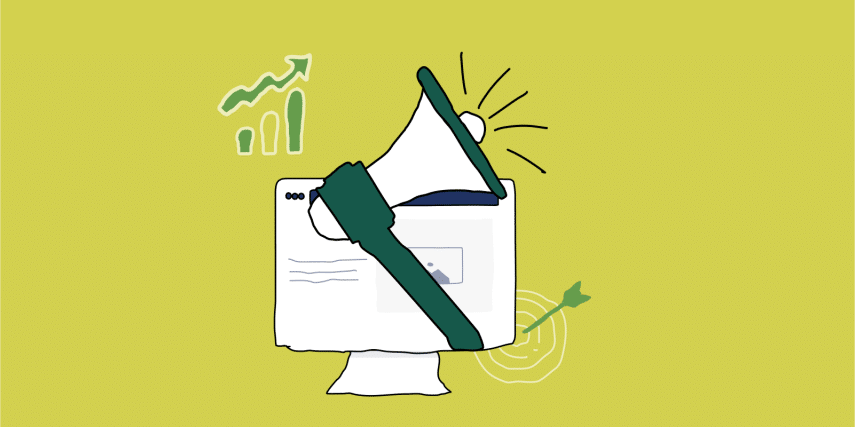
أفضل أنواع التسويق الالكتروني في السعودية للشركات والأعمال في السعودية
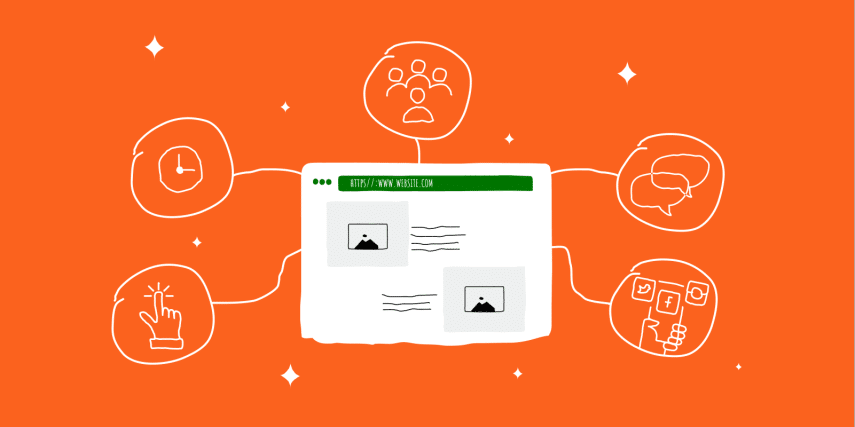
مميزات المنصات الإلكترونية
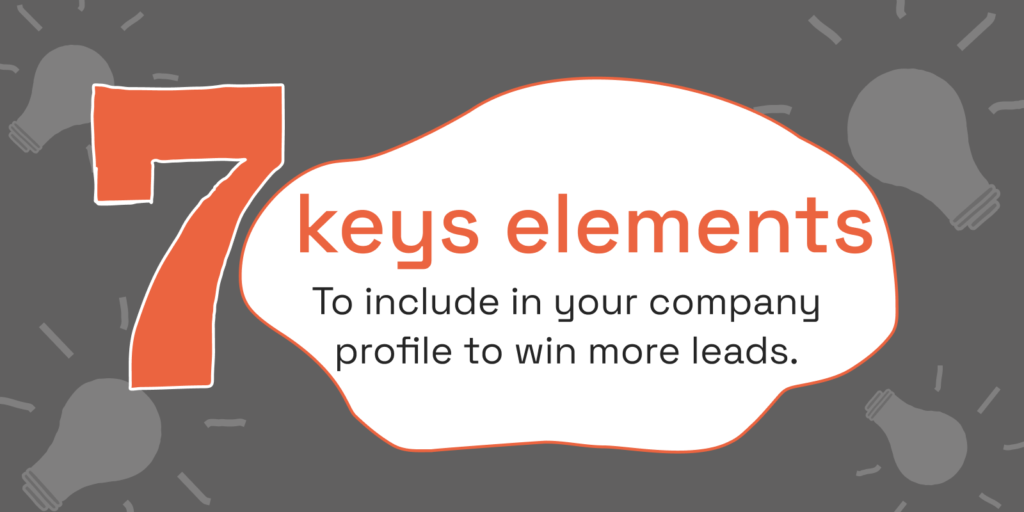
7 key elements to include in your company profile to win more leads
